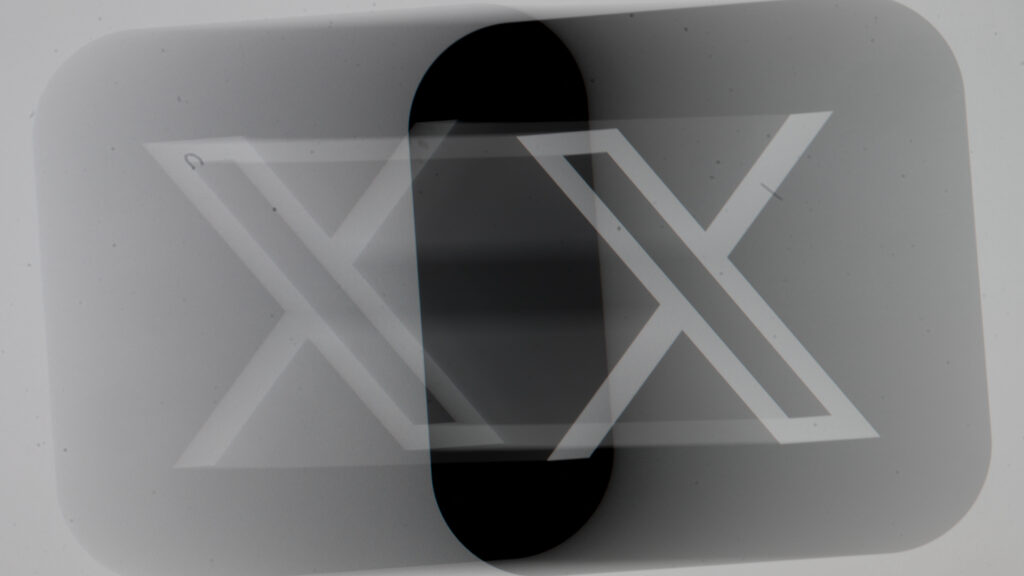A version of this essay first appeared on Janet Freeman-Daily’s blog, Gray Connections.
I’ve been living with and communicating about lung cancer for over 13 years. Since 2011, the year I was diagnosed, I’ve been active in one or more online lung cancer patient groups. Since 2012, I’ve been blogging and on social media, connecting with the lung cancer community and learning/sharing developments in cancer research. In 2013, I cofounded #LCSM (lung cancer social media) Chat on Twitter and became a co-moderator of its weekly chats. As an active lung cancer patient research advocate, I’ve presented at national and international oncology conferences about using social media in the lung cancer community to improve education, clinical trials., and patient care.
advertisement
Nowadays I spend most of my social media time in the private “ROS1 Positive (ROS1+) Cancer” Facebook group I cofounded (my ROS1+ cancer is a rarer form of lung cancer) and related online accounts. I know there are data security risks in sharing my cancer journey on public and private social media platforms, but it’s one of the most effective ways to reach other people who are living with lung cancer, especially for rarer subtypes.
All of that is to give you some background about my participation in social media. I’ve been very active online. I don’t sift through random posts about celebrities or debates about news events, but I have been known to spend hours online following developments in cancer research, posts from people attending oncology conferences, and discussions about cancer care from the patient perspective.
I used to do a lot of my research and outreach on Twitter. But due to evolving policies, algorithms, and accounts on X, I now spend almost no time on that platform. The social network that was once so key to cancer patient advocacy has become far less useful for me. While cancer social media has always had to contend with medical misinformation, it became significantly worse on X after moderation was cut back. I’ve also seen a dramatic increase in hateful comments, personal attacks, and anti-science sentiment. I don’t want to waste my time reading that stuff while trying to find the content I value.
advertisement
A blue checkmark on an account used to mean that it was owned by a validated organization, agency, or individual with significant public impact. Patients could distinguish which accounts shared trusted, evidenced-based medical information. Now anyone can buy a blue checkmark, impersonate whoever they want (it’s technically still against the rules but, in my experience, that’s not enforced), and spread medical disinformation that is not helpful or safe. While not all patients are successfully treated, the survival rate for lung cancer has increased significantly over the past decade. I’m not the only metastatic lung cancer patient who has survived for more than 10 years thanks to newer treatments like targeted therapies and immune checkpoint inhibitors. Yet I know people who died because they decided to forego an evidenced-based new cancer treatment in favor of some “cure” they found online that had only a few anonymous anecdotes to support it.
When you blocked someone on Twitter, you could no longer see them and they could no longer see you. Now when you block someone on X for malicious behavior, they can still see your posts. I prefer to have more control over who sees my content.
The platform terminated its free API (application programming interface). This disrupted a lot of applications and websites that patient advocates and others used to interact with the platform and archive material from online chats. I have to spend more time to accomplish less.
My X feed used to be filled with content from people I chose to follow. Now it’s populated with ads and people I never chose to follow who don’t interest me in the slightest. I can’t find the content I want, and those who follow me don’t see the content I generate. The only way I can find useful cancer-related content is by using hashtags like #lcsm, but even hashtag-curated content is greatly reduced because so many members of the cancer community have stopped posting on the platform.
And now, any content posted on X can be used to feed AI engines. While I’ve always known my posts on Twitter/X were publicly visible, it does bother me that the platform would deliberately hijack my content for their own uses without any acknowledgment or compensation.
advertisement
So, there it is. I want to make a difference in the cancer space, and I have a limited amount of time and energy available to do it. Wading through uncurated content, hostile posts, and medical misinformation isn’t how I want to spend my days. Other advocates tell me they are also stepping away from X.
It’s sad to see the era of Twitter cancer communities end. Twitter was the one place where all stakeholders — patients, caregivers, advocates, clinicians, academic cancer centers, researchers, government agencies, industry, and the general public — could meet and exchange ideas on something that had life-and-death implications for so many. (Lung cancer is the No. 1 cancer killer.) Like many, I’m now on Bluesky. I hope someday it or another platform will attract enough participants to once again enable discussions across silos.
Janet Freeman-Daily is a writer, speaker, and international cancer research advocate who translates the experience and science of cancer for others. A retired aerospace systems engineer, she holds degrees from MIT and Caltech.

